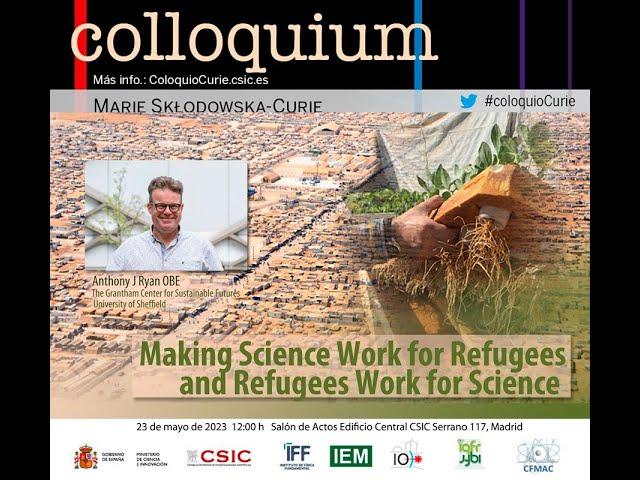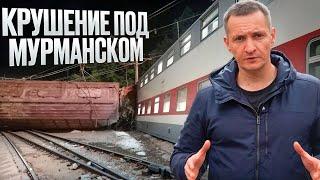
Anthony J. Ryan "Making Science Work for Refugees and Refugees Work for Science"
Zaatari refugee camp, 80,000 people facing daily struggles that many of us cannot imagine are squeezed into six square kilometres. Wtith high qualified jobs at home, they are forcibly unemployed at at the camp but embodied values that are often forgotten by those of us in more privileged parts of the world: an adaptable approach to solving problems, an aversion to waste, a sense of community.
Our research on hydroponics is focussed on the production of high-value crops close to market (urban farming) with a low carbon and water footprint using polyurethane foam as a synthetic soil. I will show how a design of experiments approach can predict the productivity of crops from the reagents used in polyurethane synthesis through the properties of the foam.
We connected our work on synthetic soils with a waste disposal problem posed by UNHCR - the UN's refugee agency. They saw dirty unused mattresses, we saw an alternative growth substrate and more than that ‘a problem’ that could actually help. In doing so we developed small-scale hydroponics at the household and community scale. We responded to the frequent cry of the Syrian refugees - that they miss the colour green - not only did we find a technical fix, but also an impact on well being. This benefits our work in Sheffield, we now have an urban farm built using the low-cost technology developed in Zaatari with farmers from Syria.
Our research on hydroponics is focussed on the production of high-value crops close to market (urban farming) with a low carbon and water footprint using polyurethane foam as a synthetic soil. I will show how a design of experiments approach can predict the productivity of crops from the reagents used in polyurethane synthesis through the properties of the foam.
We connected our work on synthetic soils with a waste disposal problem posed by UNHCR - the UN's refugee agency. They saw dirty unused mattresses, we saw an alternative growth substrate and more than that ‘a problem’ that could actually help. In doing so we developed small-scale hydroponics at the household and community scale. We responded to the frequent cry of the Syrian refugees - that they miss the colour green - not only did we find a technical fix, but also an impact on well being. This benefits our work in Sheffield, we now have an urban farm built using the low-cost technology developed in Zaatari with farmers from Syria.
Комментарии:

















